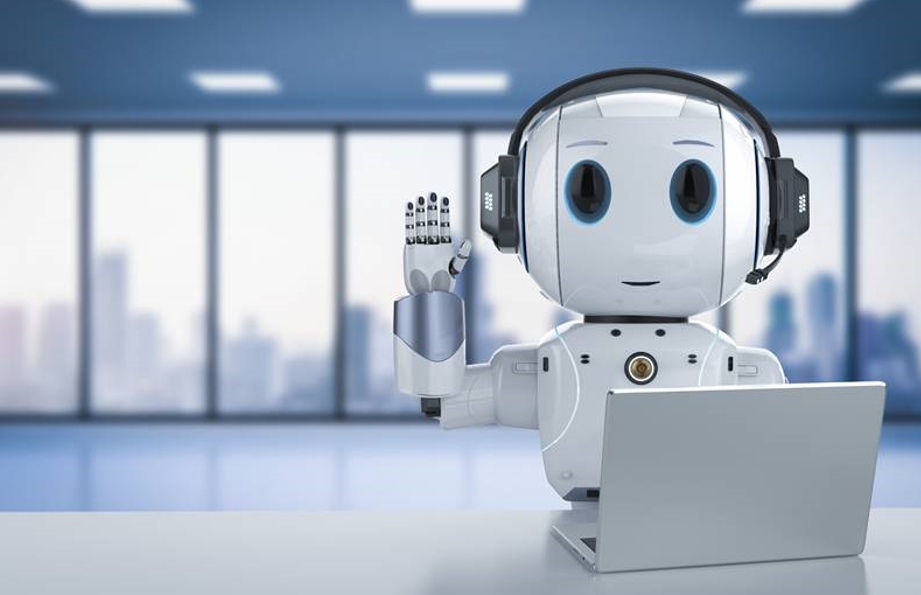The evolution of marketing automation has reached a pivotal moment, driven by the transformative power of artificial intelligence. We’re moving beyond simple task automation to intelligent, data-driven strategies. To complement these advancements, dynamic video content is essential, and an AI video editor can help create compelling visuals. This article explores seven compelling ways AI is revolutionizing marketing automation, providing businesses with enhanced efficiency and personalized customer experiences.
Understanding synergy: AI and marketing automation
Before delving into the specifics, it’s essential to understand what marketing automation is and how AI enhances its capabilities. Marketing automation refers to the use of technology to streamline, automate, and measure marketing tasks and workflows. Traditionally, automation focuses on simple tasks such as sending emails, scheduling social media posts, or managing customer databases. While these functions were efficient, they often lacked personalization and intelligence.
With AI, marketing automation has evolved into something far more sophisticated. AI doesn’t just execute tasks; it learns, adapts, and predicts customer behavior. This shift allows businesses to provide more relevant, timely, and personalized content. By integrating AI, marketing automation becomes intelligent, data-driven, and capable of adapting in real-time to ever-changing consumer behaviors and trends.
7 compelling ways AI is revolutionizing marketing automation
1. Hyper-personalized customer journeys
AI enables businesses to analyze large data sets to understand individual customer preferences, behaviors, and interests. By using this data, AI can dynamically deliver tailored content based on real-time customer actions, such as website visits or abandoned carts. This level of personalization goes beyond just adding a customer’s name to an email—AI can optimize the entire experience by presenting highly relevant offers or reminders at the perfect moment. As a result, businesses can boost engagement, drive conversions, and create experiences that make customers feel valued and understood.
2. Predictive lead scoring and nurturing
AI revolutionizes lead scoring by analyzing a lead’s behavior across multiple channels, such as email interactions, website visits, and social media engagement, to predict the likelihood of conversion. This data-driven approach automates the lead nurturing process by delivering personalized content at the most opportune times based on the lead’s position in the sales funnel. By focusing marketing efforts on high-potential leads, businesses can increase conversion rates and ensure that resources are directed toward the most promising prospects, enhancing sales efficiency.
3. Intelligent content creation and curation
AI-powered tools are simplifying the content creation process by automating tasks like writing social media posts, blog articles, or email copy based on trending keywords and audience behavior. Additionally, AI can automatically curate and distribute relevant content to specific customer segments, ensuring that the right messages reach the right audience at the right time. A great example of this is the video trimmer, which helps businesses easily edit and refine video content, allowing them to create more personalized video campaigns quickly. This combination of creation and curation increases content relevance while saving valuable time for marketing teams.
4. Enhanced customer service with AI chatbots
AI chatbots are revolutionizing customer service by providing 24/7 support and personalized interactions based on customer data. These chatbots can answer common questions, resolve issues, and even guide customers through purchases or troubleshooting processes. By analyzing past interactions, AI can offer tailored recommendations, improving customer experience and reducing the need for human intervention. The ability to provide efficient, personalized service at scale also helps reduce costs, freeing up human agents for more complex tasks while maintaining high levels of customer satisfaction.
5. Optimized marketing channel performance
AI enhances marketing strategies by continuously analyzing and optimizing channel performance in real time. It identifies which channels are driving the most engagement, conversions, and ROI, allowing businesses to allocate resources more efficiently. For instance, if AI identifies that email campaigns are yielding better results than social media ads, it can adjust the marketing budget to focus more on email. This data-driven approach ensures that marketing resources are used effectively, optimizing the overall marketing mix and maximizing return on investment across various channels.
6. Data-driven customer segmentation
AI enables businesses to segment their customer base with unprecedented precision by analyzing complex data sets, including demographics, purchase history, and online behavior. This segmentation allows for highly targeted marketing efforts tailored to the needs, preferences, and behaviors of each group. By delivering personalized campaigns to specific segments, businesses can ensure that their messaging is relevant and resonates with each audience, ultimately increasing engagement and conversion rates. With AI, businesses can achieve a deeper understanding of their customers and cater to their unique interests more effectively.
7. Automated sentiment analysis and social listening
AI-powered sentiment analysis tools can scan social media platforms, reviews, and customer feedback to gauge public opinion and understand customer sentiment toward a brand, product, or service. This analysis helps businesses identify emerging trends, potential issues, and areas for improvement in real time. By automating this process, companies can proactively respond to customer concerns, resolve negative sentiment quickly, and even adjust their marketing strategies based on customer feedback. AI-driven social listening also enables brands to stay ahead of potential crises, helping them maintain a positive reputation and strengthen customer loyalty.
The impact on businesses: Benefits and outcomes
AI-driven marketing automation brings a wide array of benefits to businesses. First and foremost, it increases efficiency and productivity by automating repetitive tasks. This frees up valuable time for marketing teams to focus on strategy and creativity. Additionally, the enhanced customer engagement made possible by AI leads to higher conversion rates and greater customer loyalty.
AI also enables businesses to make more informed, data-driven decisions. By analyzing vast amounts of data, businesses can gain deeper insights into customer behavior and preferences, allowing for better-targeted campaigns. Ultimately, these efficiencies and insights translate into a greater return on investment (ROI) and, over time, significant business growth.
Navigating the future: Ethical Considerations and Implementation
As with any powerful technology, there are ethical considerations when implementing AI in marketing automation. Data privacy and security are top concerns, as AI tools rely heavily on customer data to drive personalized experiences. Businesses must ensure they comply with data protection regulations and use AI responsibly.
Additionally, AI should be used ethically to avoid creating biased or manipulative marketing strategies. Ensuring transparency and fairness in AI algorithms is crucial to maintaining customer trust. For businesses looking to integrate AI, having a clear implementation strategy is essential to success. Companies must choose the right tools, invest in employee training, and continuously monitor AI performance to ensure it delivers the desired outcomes.
Conclusion
Ultimately, AI is driving a profound transformation in marketing automation. Through hyper-personalized experiences, intelligent content creation, and data-driven insights, it’s redefining how businesses connect with customers. By adopting AI-powered solutions, companies can optimize efficiency, enhance engagement, and achieve greater ROI. As the digital landscape continues to evolve, AI will remain a critical driver of marketing success. The future of marketing is undeniably here, and it’s fueled by continuous AI innovation.



